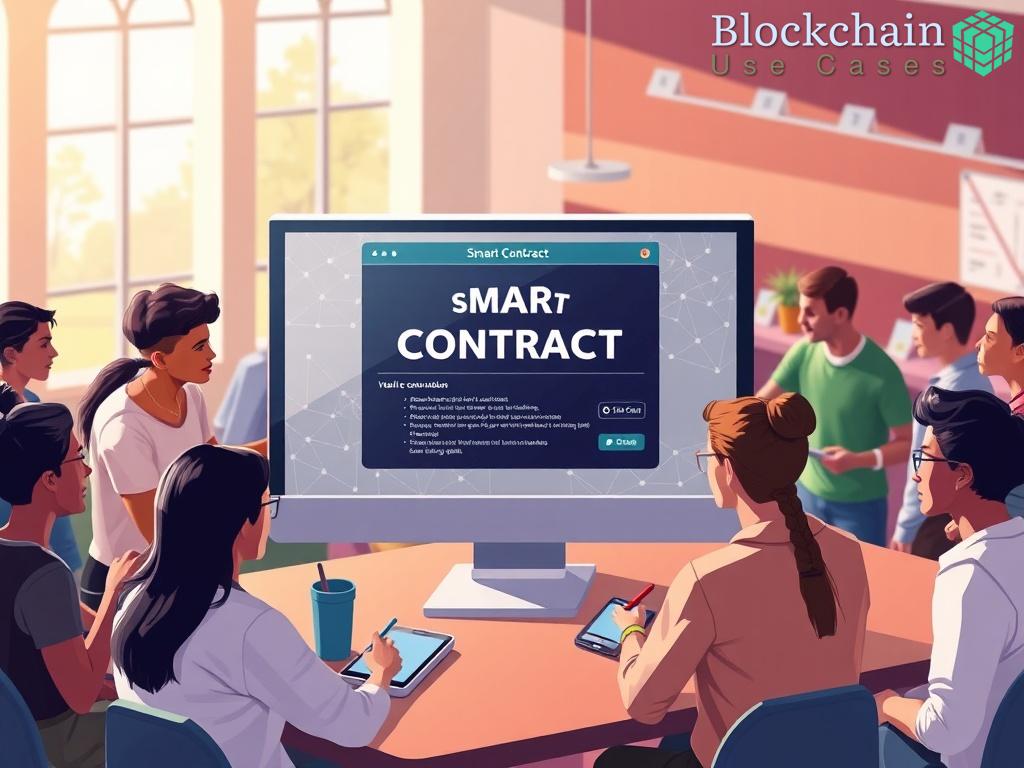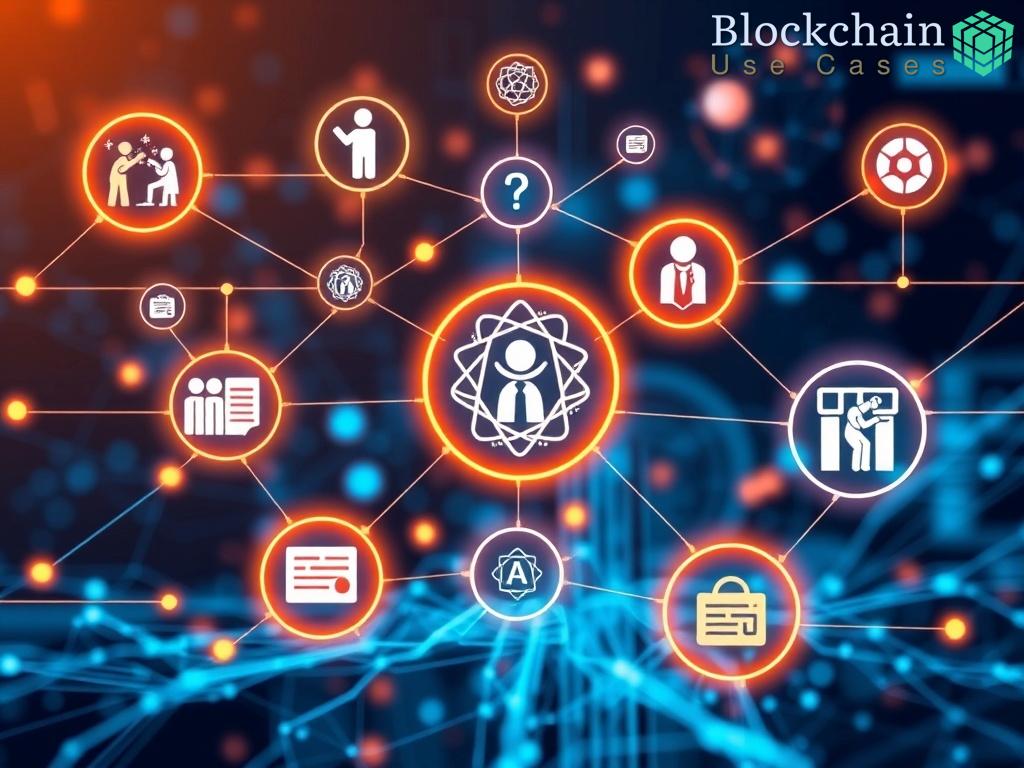In recent years, the educational landscape has begun to embrace innovative technologies, with blockchain emerging as a transformative force. The complexity of teacher certification and licensing processes has long been a point of contention, often mired in bureaucratic inefficiencies and lack of transparency. This article delves into how blockchain technology can streamline these processes, ensuring that educators are not only qualified but also trustworthy and verified.
Decentralization and Transparency: The Core Advantages

At the heart of blockchain technology lies its decentralized nature, which facilitates a secure and transparent record-keeping system. This is particularly beneficial in the realm of teacher certification, where verifying credentials can be a convoluted process involving multiple stakeholders. The adoption of blockchain can eliminate redundancies and foster trust among educational institutions, potential employers, and regulatory bodies.
By utilizing a decentralized ledger, all parties involved can access a single source of truth regarding an educator’s qualifications and history. This not only speeds up the verification process but also reduces the risk of fraud and misinformation.
Streamlined Processes: From Application to Verification
Implementing blockchain can significantly streamline the multi-step process of teacher certification and licensing. Traditionally, candidates must navigate a labyrinth of paperwork, background checks, and interviews. Here’s a look at how blockchain can simplify these stages:
- Application Submission: Candidates can submit their applications through a blockchain platform, ensuring that all data is securely stored and easily accessible.
- Credential Verification: Educational institutions can verify a candidate’s credentials in real-time, accessing immutable records of degrees, certifications, and teaching experience.
- Background Checks: Blockchain can facilitate efficient background checks, providing a secure way to share relevant information among authorized parties.
- Licensing Issuance: Once approved, licenses can be issued digitally, recorded on the blockchain, and easily shared with potential employers.
This systematic approach not only enhances efficiency but also reduces the administrative burden on both candidates and educational institutions.
Challenges and Considerations in Adoption
While the potential benefits of blockchain in teacher certification are substantial, several challenges must be addressed before widespread adoption can occur. Issues such as initial implementation costs, the need for standardized protocols, and resistance to change from traditional systems pose significant hurdles. Additionally, ensuring data privacy and compliance with regulatory frameworks will be crucial in building a reliable blockchain-based certification system.
Despite these challenges, the ongoing development of blockchain technology presents an opportunity to rethink and reshape the future of teacher certification. By embracing this innovative solution, the educational sector can create a more efficient, transparent, and trustworthy environment for both educators and students.


















